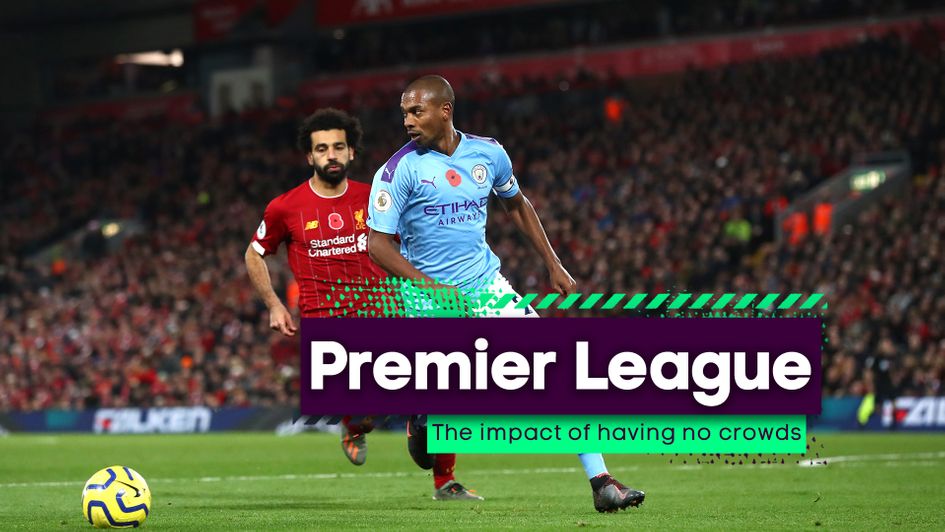The Premier League is inching closer to a mid-June return. The success of the Bundesliga’s reopening seems to have focused minds on getting ‘Project Restart’ over the line, but it has also revealed just how different - how downright weird - football is going to feel for the foreseeable future.
We learnt a lot from those first matches in Germany, namely that football behind closed doors will subtly reshape the game emotionally, technically, and tactically.
How the game will change
The most obvious change in England will be the eradication of home and away form, although this is a more complex issue to consider than simple statistics can capture. To suggest teams who win the vast majority of their points at home will be hit hardest – think Norwich City (73%) or Aston Villa (71%) – is to misunderstand the impact of universally eliminating home games.
The disadvantage of being away is also lost and, since this is a zero sum game, that makes the effect harder to judge. Part of what makes it difficult for a relegation candidate to play away is losing their supportive crowd and familiar environment, but part of it is facing the hostility of their opponent’s stadium. The main beneficiaries, then, will be clubs who were set to visit the toughest grounds and now get to avoid the likes of Anfield or the Etihad.
What’s more, there is a tactical element to the psychology of home form. Clubs like Norwich and Villa prefer to play at home because the subtle humility that infects travelling teams - coupled with the emotional impact of the crowd - allows them to play a dominant possession game. If nobody is at home or away, then theoretically clubs will all be allowed to play their most natural game.
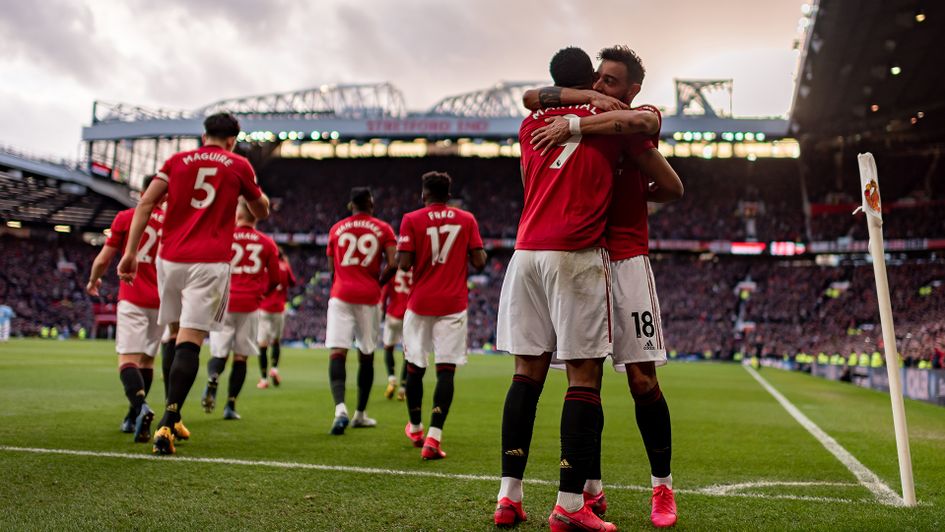
Perhaps Norwich can enjoy expansive football as if every game is at Carrow Road; perhaps Manchester United can sit back and play on the counter-attack since there is never an Old Trafford crowd expecting domination.
Overall, technically stronger teams are likely to come out on top in the new normal. Neutral and empty stadiums will level out the emotional and psychological variables that provide the sport with its chaos and its Goliath-slaying moments. It is likely the sport will become more purely tactical and technical than before, as the Bundesliga showed last weekend.
Borussia Dortmund and Bayern Munich were methodical in their approach, grinding down their opponents by calmly allowing their superiority to shine through against Schalke and Union Berlin respectively. No crowd, no home advantage, no distractions: just the best team with the more dominant tactics gradually overwhelming their opponents.
That is helped by the absence of an anxious crowd. Smaller clubs generally improve when games wear on at 0-0, because supporters begin to become impatient or nervous, infecting the players with their angst. The inverse is also true: there is no supportive crowd to help sustain the smaller club when legs tire and pressure builds. The technically better team can calmly and methodically triumph.
On top of that, better athletes are generally more likely to adapt to new situations, while their greater experience of playing regularly in Europe means the top players should cope better with the compact schedule and unfamiliar environment.
The Champions League race
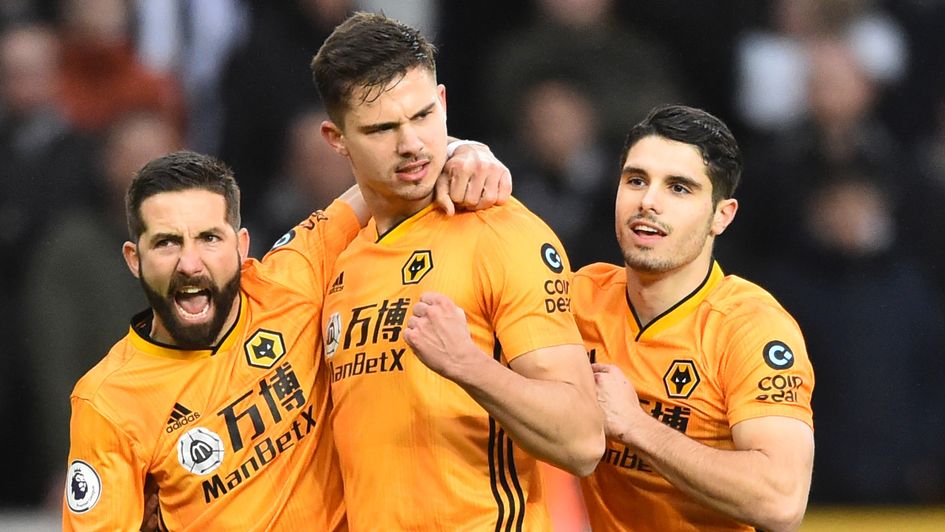
The race for the final Champions League spot seems particularly likely to be affected by the crowd-less neutral venues.
Arsenal could be the biggest beneficiaries given that Mikel Arteta has introduced complex and highly organised tactics at a club still plagued by emotional volatility. From defensive errors to anxiety-ridden home performances, the Gunners will enjoy the simplicity and focus that neutral venues will provide, carefully carrying out Arteta’s game plan.
Manchester United are far more difficult to read. Ole Gunnar Solskjaer’s lack of tactical acumen can lead to aimless, meandering performances and that could be exacerbated without the Old Trafford’s power to inspire. Alternatively, perhaps now they can sit back and play on the counter as the manager would like.
Tottenham’s chances appear to have diminished given that Jose Mourinho has failed so far to inspire any tactical improvements. Their oddly directionless football could be made worse by the existential crisis of playing to no-one. Chelsea, on the other hand, will have enjoyed giving their young players a rest and found no advantage from playing at Stamford Bridge.
Sheffield United and Wolves are arguably the two best organised of those in the running, relying on tactical focus more than the ‘Big Six’ clubs occasionally floundering with more talented individuals. This, then, may be a rare chance for one of these two to break the established order.
The relegation battle
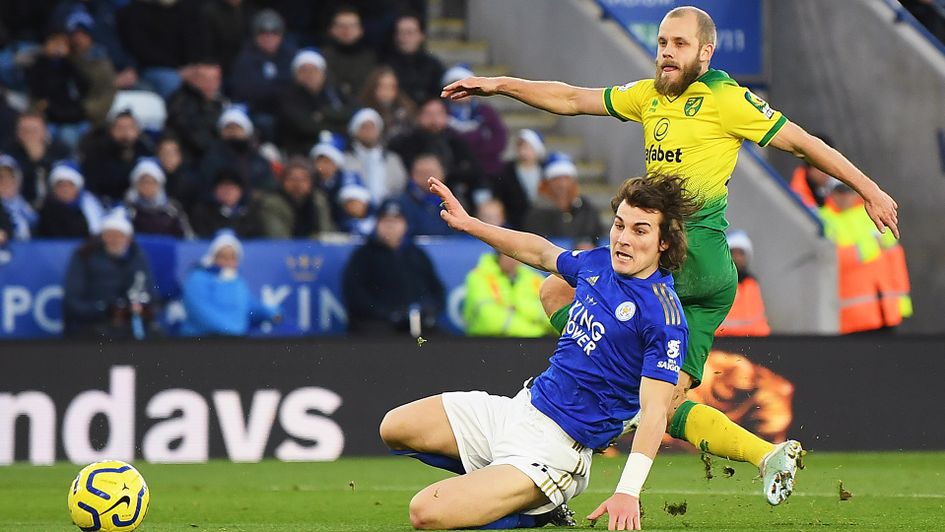
Norwich might be capable of playing their expansive game with more confidence on neutral grounds, but more likely they will stand to lose the most. A ‘great escape’ was certainly possible for Daniel Farke’s side given they had five home games against bottom-half clubs remaining, but that seems less likely without excited supporters sensing something special is brewing.
Conversely Aston Villa might appreciate the reset of the three-month hiatus; Dean Smith’s side had fallen away dramatically since the turn of the year and looked destined for the drop. They welcome back John McGinn, too, while most of their six-pointers in the run-in were due to be played away.
Bournemouth might also be a big winner. They perform much better when sitting deep and playing on the counter-attack, and yet they are often lured into the expansive game the fans expect when playing at the Vitality Stadium. Neutral venues, giving a methodical and levelling aspect to the game, could see Bournemouth become a bit more defensive, while Eddie Howe no longer has to travel to Molineaux, Old Trafford, or the Etihad this season.
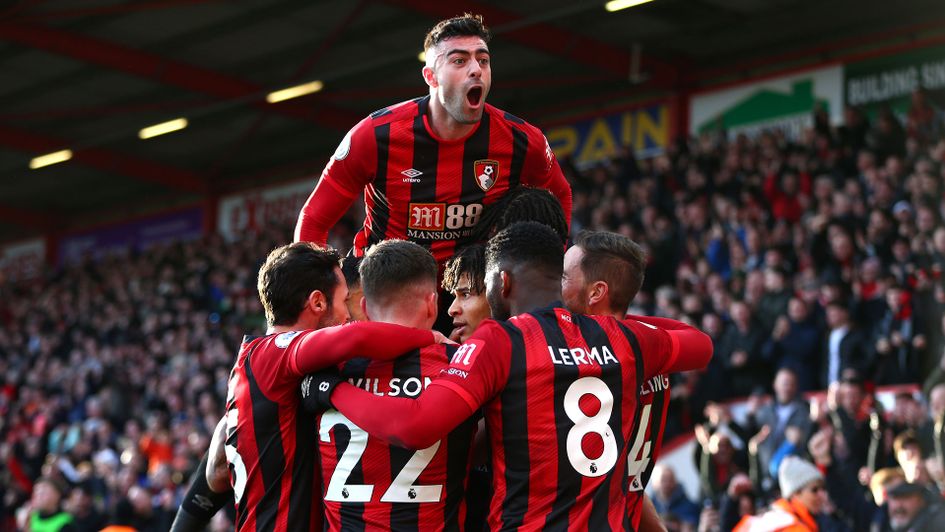
There is no obvious impact to be seen on Watford, although Nigel Pearson will appreciate the break given his team were falling into a rut when the league was suspended. Their run-in always looked the kindest of the relegation candidates.
West Ham are similarly unaffected on the surface, although they stand to lose out from the added advantage others now have in playing mid-table sides. Those with nothing to play for towards the end of the season don’t have a home crowd to impress, leading to further psychological slip-ups, while the higher than usual risk of injury could also impact motivation.
Unfortunately for David Moyes, seven of their last nine are against sides either in a relegation fight or pushing for Champions League football.
Brighton’s next six games are against clubs with something to play for, plus they have only scored 15 goals away from the Amex. Graham Potter’s team often look hesitant and directionless on the road, which doesn’t bode well for the new normal.
Analysis of the bottom six suggests that Norwich, Brighton, and West Ham will go down.
Follow Sporting Life on social - find us on Facebook here or tweet @SportingLifeFC
Related content
Responsible gambling
We are committed in our support of responsible gambling. Recommended bets are advised to over-18s and we strongly encourage readers to wager only what they can afford to lose.
Sky Bet's responsible gambling tools are detailed here and if you are concerned about your gambling, please call the National Gambling Helpline on 0808 8020 133, or visit begambleaware.org.
Further support and information can be found at GamCare and gamblingtherapy.org.






